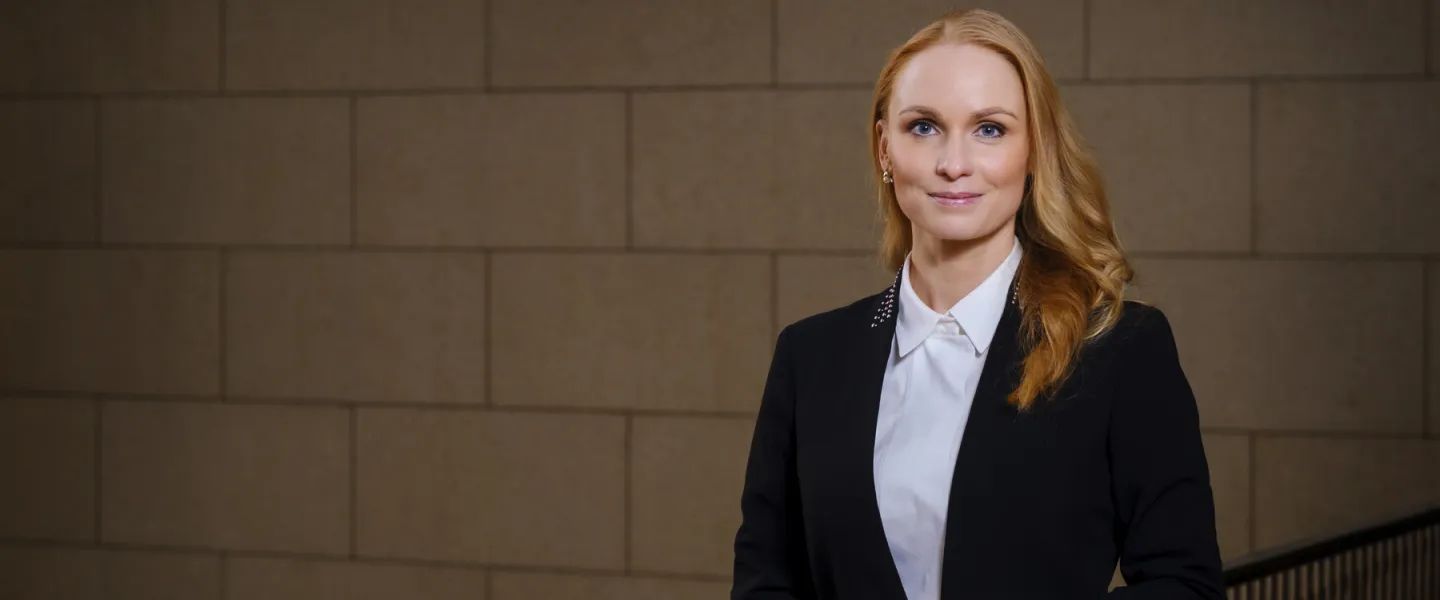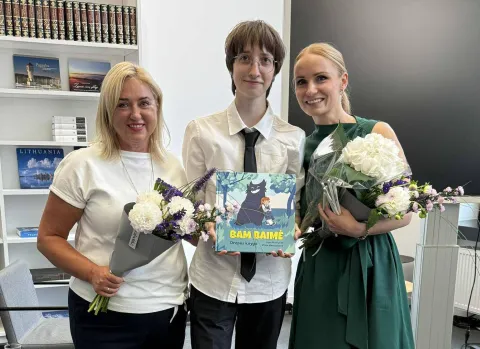
“I think that we are often afraid to follow our dreams even as we get older. We look at others and think they have achieved their goals because they weren't afraid. But that's not true. Leaders also doubt themselves – but they keep going anyway.”
This is how Inga Minelgaitė, Professor of Project Management at the UI School of Business, describes the inspiration for her latest project, a children's book that deals with courage, fear, and self-leadership skills. It is a remarkable turn for a scientist focused on educating business and institutional managers and students at universities worldwide.
The book has already enjoyed great success in Lithuania, where Inga was born. According to Inga, it has been adopted by child psychologists, teachers, and business leaders as educational material for children and adults.
Teaching self-leadership from childhood
After more than ten years of teaching leadership, including focusing on self-leadership, Inga felt it was time to bring the philosophy closer to children. Self-leadership is the ability to influence one's own mindset, behaviour, and emotions to achieve one's goals, without counting fully on external control. This way of thinking is based on the premise that leadership begins internally. Before we can lead others, we must know how to lead ourselves. Before we demand responsibility from others, we must take responsibility for our thoughts, attitudes, and decisions.
“I concluded that this philosophy should be taught much earlier, right from the first years of primary school,” says Inga. “That is why, for several years, I nurtured the idea of writing a children's book about fear and about achieving your goals despite of it.”
She says the book was initially intended to inspire children, but as the writing progressed, the work grew and became an interdisciplinary book for children, which is also being enjoyed by adults alike.
“Today, the book can be found in many libraries in Lithuania. Numerous child psychologists, teachers, and special education teachers own it. After reading the book, leaders in companies have purchased it and donated it to educational institutions of their choice to emphasise the importance of developing self-leadership skills in children,” says Inga This book is also available at Kringlan City Library for Lithuanians living in Iceland.
